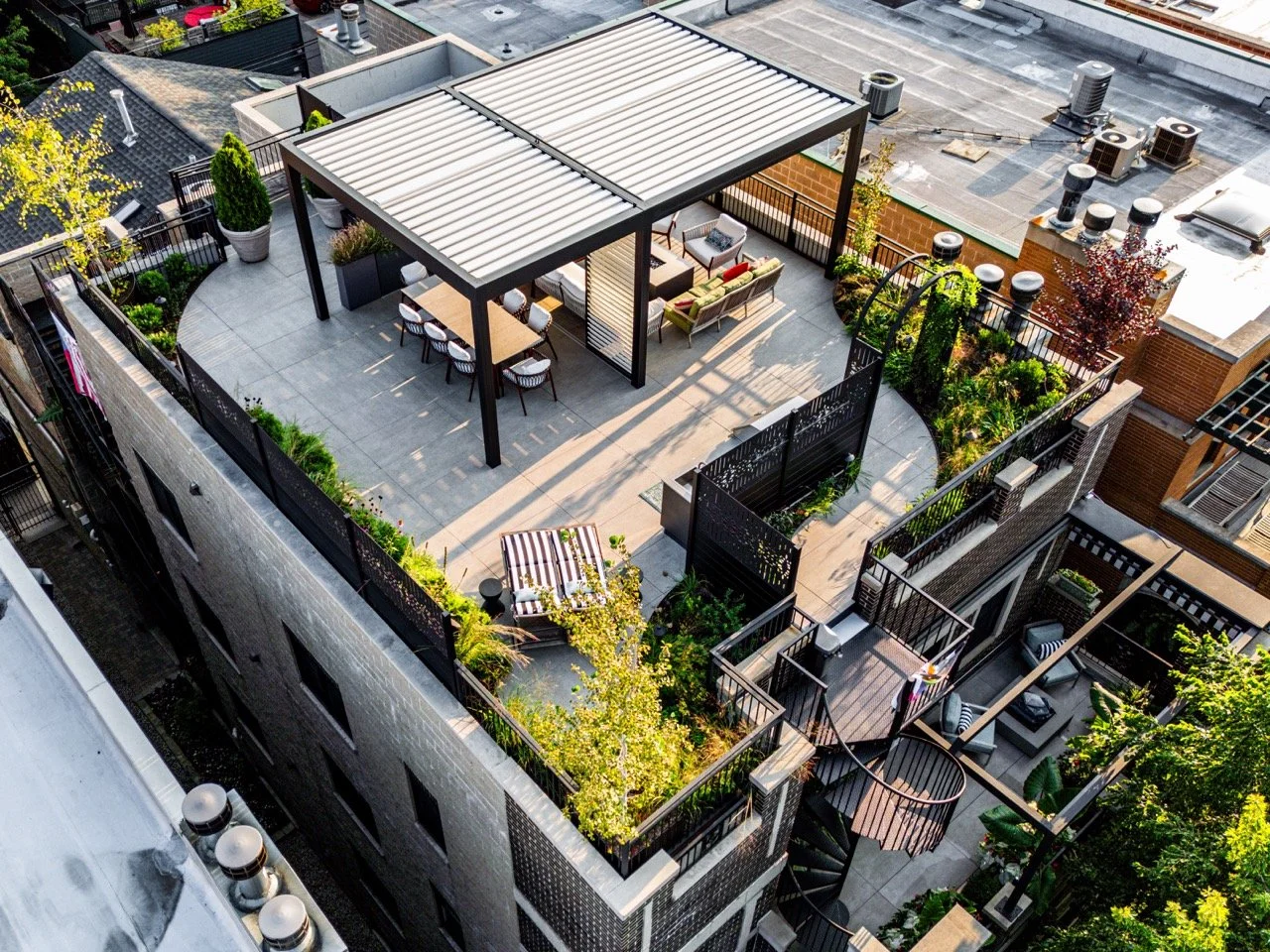Baptisia, commonly referred to as false indigo or wild indigo, provides a number of significant benefits during the winter months, even though it is a perennial plant that typically dies back completely to the ground in colder climates. Here’s a closer look at how this remarkable plant can positively contribute to your winter landscape and enhance the overall ecosystem during the colder season:
Read MoreAt Rooftopia, we believe in creating spaces that transport you to another world, and our latest project is no exception. Inspired by the enchanting charm of Frances Hodgson Burnett’s beloved novel, "The Secret Garden," this lush and elegant private rooftop serves as a serene escape right in the heart of Wrigleyville.
Read MoreArtificial turf, also known as synthetic grass, faux or fake grass, has gained popularity as an alternative to natural grass in various settings such as sports fields, residential lawns, and commercial landscapes. While turf appears to offers many conveniences, our conclusion is that artificial turf (aka Astro Turf) is not good for the environment and may have health risks for children and pets. As a company geared toward sustainability and environmental stewardship, we wanted to express our concerns and provide insight as to why we are choosing not to use artificial turf or plastic plants going forward.
Artificial turf was invented by Monsanto (ah-hem), in the 1960’s for the Houston Astrodome, due to the lack of sun in the stadium. With the rise in popularity to use artificial turf as an alternative or replacement for lawns in shady spaces, high traffic areas like parkways, areas prone to drought where water usage is a concern, muddy spots, or areas frequented by dogs, we recognize why turf seems like a convenient solution in the moment, however there are numerous concerns for the long term affects of using plastic turf and unfortunately the costs outweigh the benefits.
Read More


